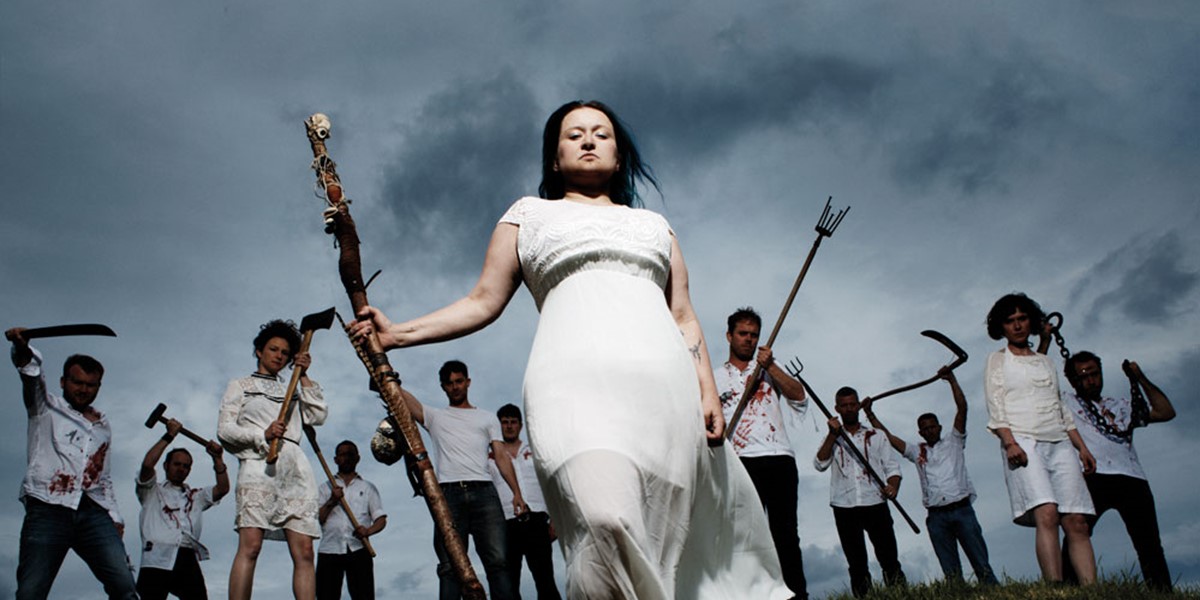Thursday, March 14, 2024
Eliza Carthy's News of the Whirl (April 2024)
By Eliza Carthy
Eliza contemplates what is gained, lost and remains the same as the UK looks to ratify its culture through UNESCO’s Intangible Cultural Heritage


Register now to continue reading

Thanks for visiting the Songlines website, your guide to an extraordinary world of music and culture. Sign up for a free account now to enjoy:
- Free access to 2 subscriber-only articles and album reviews every month
- Unlimited access to our news and awards pages
- Our regular email newsletters

